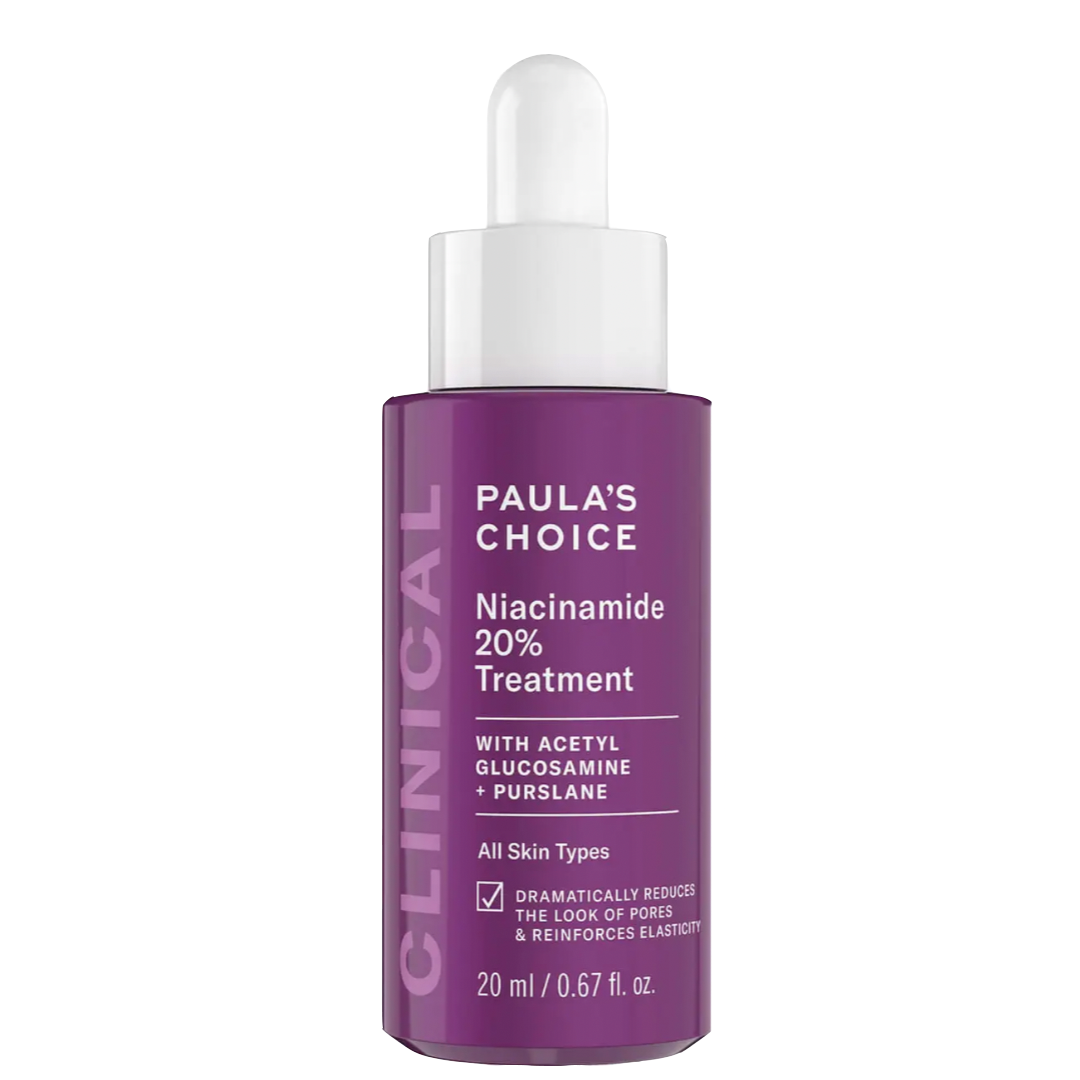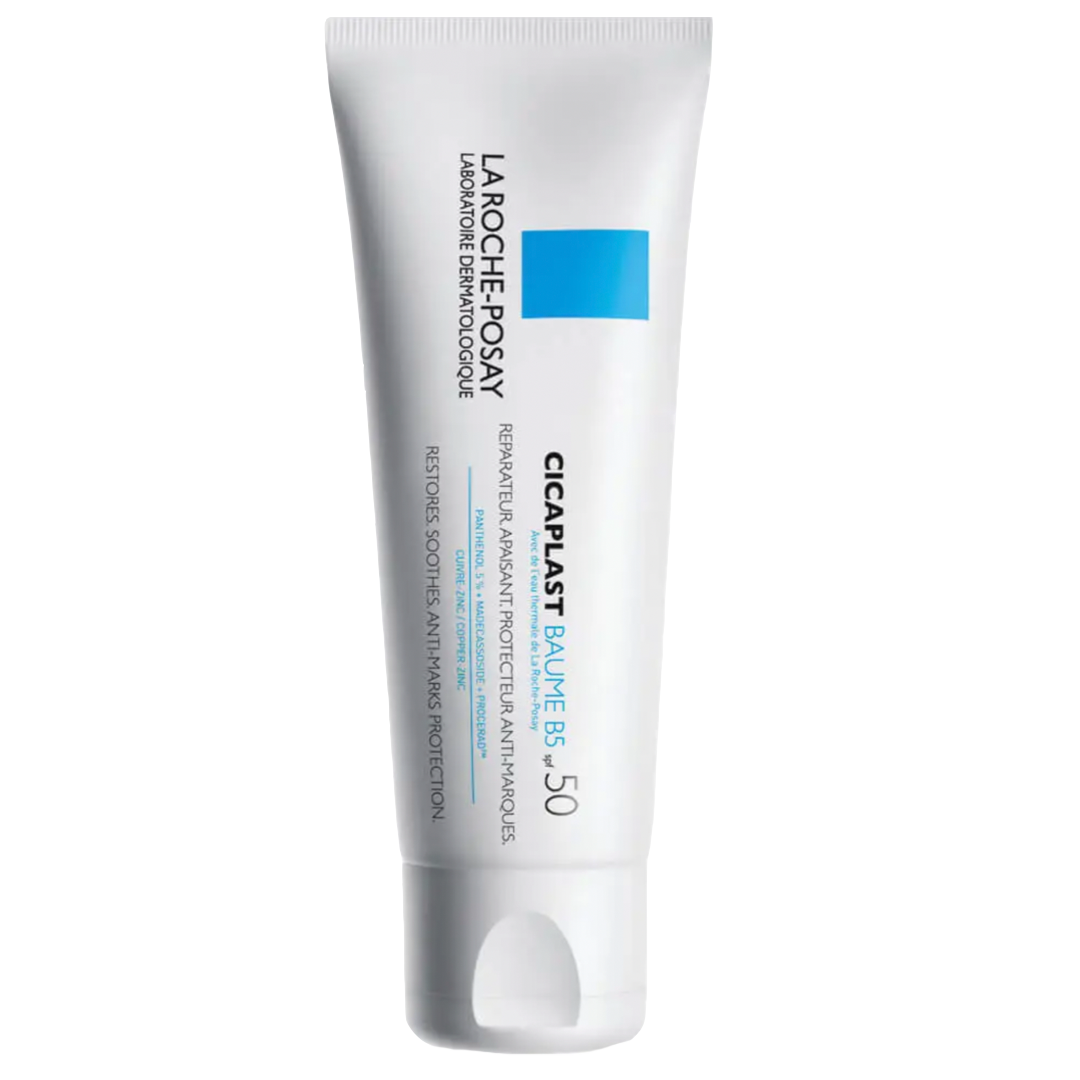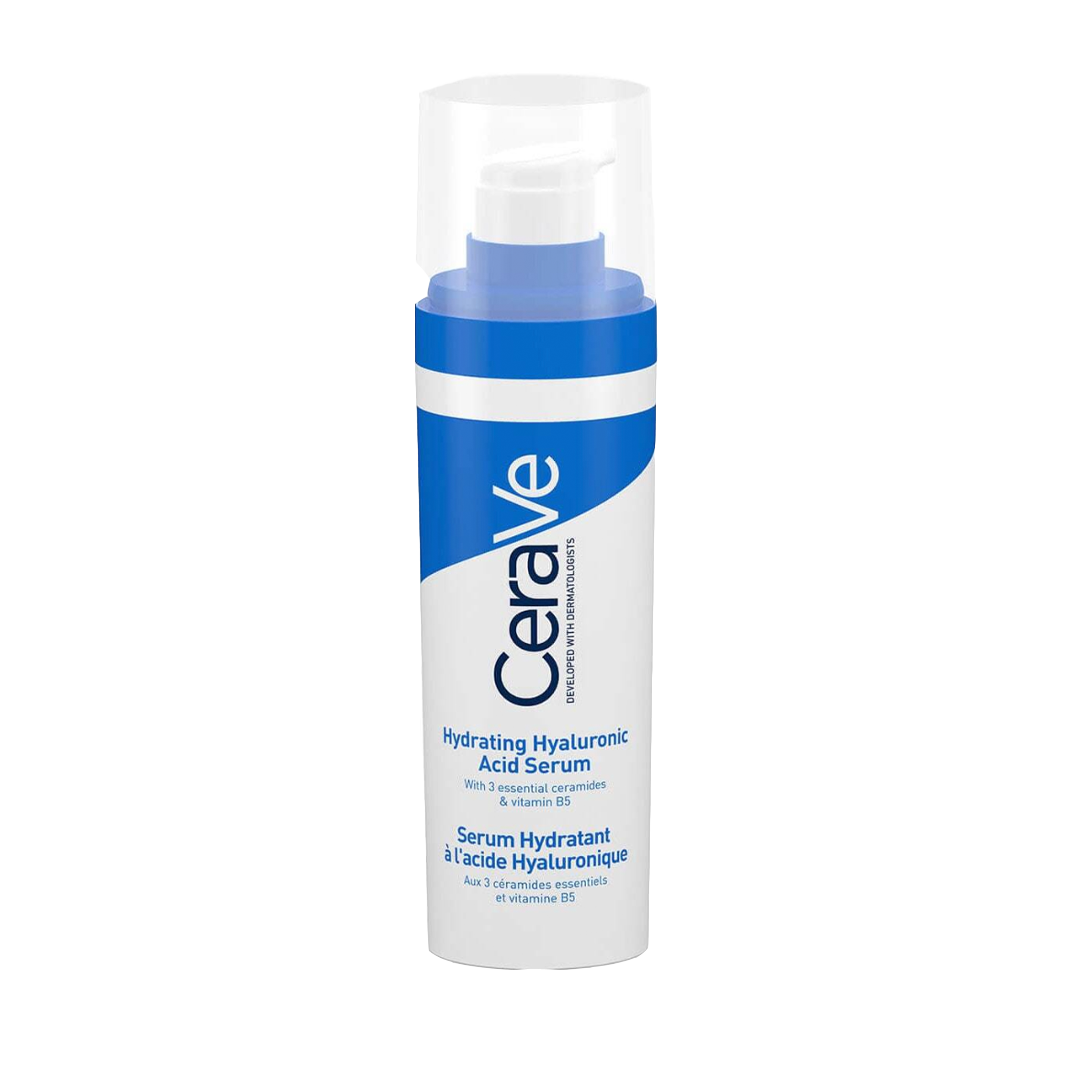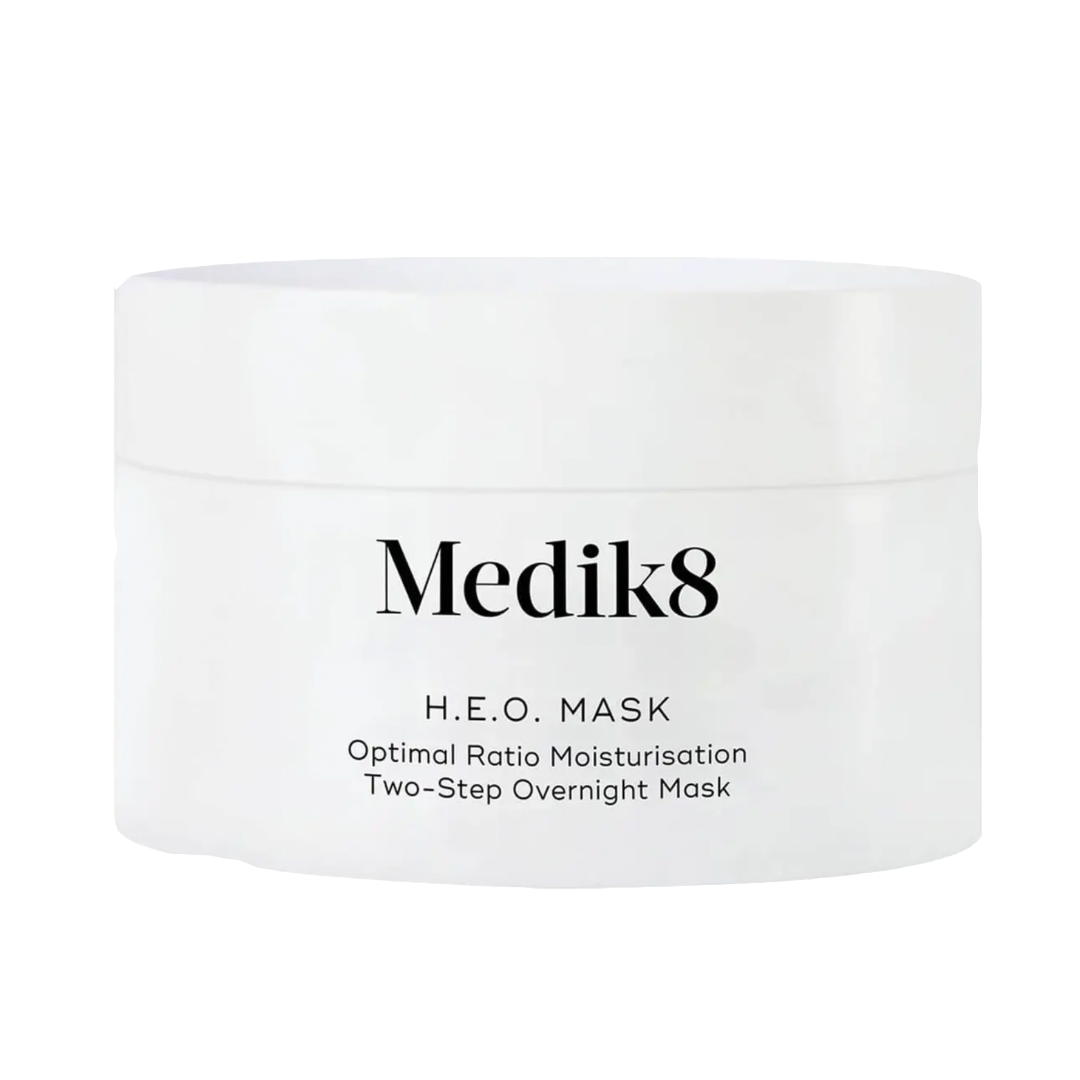
Looking to level up your winter skin care regimen? Well, there are a number of other things to be aware of then. Seeking solace in a favorite face oil or moisturizer might seem like the only answer (and they can help, but more on later), but there’s so much more you can and should do to properly combat dry and flaky skin.
So if you refuse to let your skin suffer as a result of plummeting temperatures this year, read on for seven must-follow rules of winter skin care, according to experts. You’ll get the hang of it in no time.
Strengthen Your Skin Barrier
“As we move into winter, our skin is exposed to variations in temperature and humidity, as well as wind and rain, which can place stress on our delicate skin barrier. It’s the perfect time to rethink your skincare routine to battle environmental stresses,” says consultant dermatologist Dr. Thivi Maruthappu. The key indicators of skin barrier disruption are tight, irritated, itchy and dehydrated skin.
Even in the months when the weather is less temperamental, our skin barrier is subject to disruption – excess use of stripping skincare products and external aggressors like pollution can affect it – but it’s especially important it’s looked after in winter. Look for skincare that contains ingredients like niacinamide (try Paula’s Choice Clinical 20% Niacinamide Treatment), which “increases ceramide production in the skin, is anti-inflammatory and fights uneven pigmentation”, explains Maruthappu, as well as ceramides themselves, lipids, and richer creams that lock moisture in.
Medik8’s HEO Mask is exactly the tonic for winter skin, as it contains humectants, emollients and occlusives in optimal ratios to first deeply hydrate and then lock in moisture. Use it once or twice a week to tackle dehydration and dryness. Meanwhile, La Roche-Posay’s cult Cicaplast Baume B5 is another excellent barrier repair product. “Look after your skin barrier and it looks after you,” Maruthappu says.
Nail Your Nighttime Routine
It’s at night that our skin goes into repair and restore mode, so it’s key to get your evening skincare routine in check. Facialist Debbie Thomas recommends cleansing with a non-drying acid cleanser – “look for polyhydroxy acids (PHAs), as they are the kinder cousins of alpha hydroxy acids (AHAs)” – like Exuviance’s Gentle Cream Cleanser, and then following up with an active product. “I alternate retinol with peptides, which are the second most proven ingredient when it comes to skin health and regeneration after retinol, and then apply a ceramide-rich hydrator to seal in the actives and protect the skin,” she explains.
Thomas is quick to warn about retinol, however, and says that though you might assume winter is the best time to start using it, the skin is already prone to becoming irritated and dry in the cooler months, so it’s important to tread carefully. “It can take several weeks for the skin to acclimate to retinol use. It’s common to experience some dryness and redness, so if your skin already goes this way in winter, the combination of both could be unbearable and difficult to deal with. My main advice is not to overdo it.” Those already using retinol can continue as normal.
Don’t Over-Exfoliate
When flakes strike, sometimes it feels like the only route is to exfoliate them away. Actually, this can further impair the skin barrier, leading to more skin issues. “I tend to advise reducing the frequency of exfoliation to once or twice a week,” says Maruthappu, “And avoid combining physical exfoliants, like grainy scrubs, with chemical exfoliants, like alpha or beta hydroxy acids, as this can lead to redness and irritation – particularly if you are also using a retinoid product.” The secret? Don’t overdo it with your skincare. Less (and gentle) is more.
Use Antioxidants
One of the biggest challenges for our skin in winter is the constant changes in temperature; moving from the heat to the cold outside wreaks havoc on our skin. Spending time inside with less fresh air can also cause problems. “Recycled air has more toxins in it and central heating removes water from the atmosphere, which in turn removes water from the skin,” explains Thomas, who is a big fan of keeping an air purifier in the room you spend the most time in to promote healthy skin. We love the Dyson Pure Cool Me Purifying Fan.






